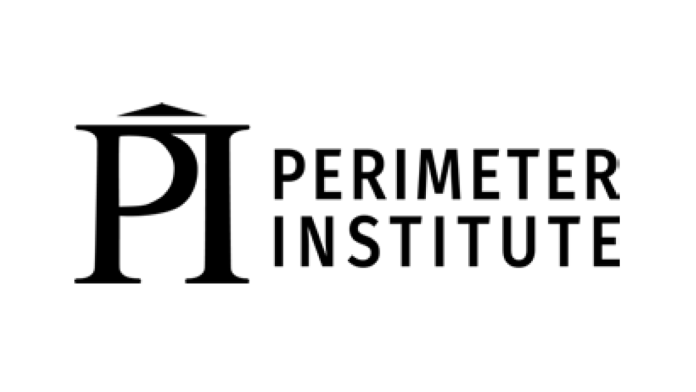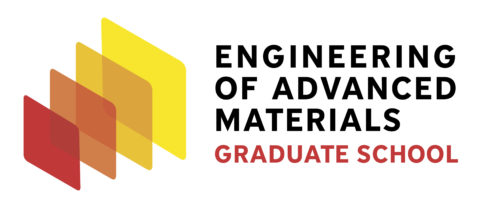DIPHER 24 - DIVERSITY IN PHYSICS FOR THE DIVERSITY OF PHYSICS - ERLANGEN 2024
FAU
DIPHER 24 - DIVERSITY IN PHYSICS FOR THE DIVERSITY OF PHYSICS - ERLANGEN 2024
DIPHER 24 continues the legacy of fostering inclusivity and advancing gender and diversity in the FAU Physics Department. Building on the success of previous conferences, DIPHER24 aims to delve deeper into the intersectionality of gender, diversity, and cultural perspectives within our department and the physics community. The conference provides a platform for researchers, educators, students, and professionals to engage in meaningful discussions, share insights, and collaborate towards creating a more inclusive and equitable environment in the Physics Department. Since the topic is quite complex and we are limited in time, we will set the focus this year on cultural differences.
The conference will feature nine talks covering a diverse spectrum of topics in physics, with an emphasis on sharing personal experiences related to gender and diversity within the field. In addition, there will be a panel discussion titled "Cultural Perspectives in Physics: Navigating Diversity Through Experience and Collaboration", as well as a roundtable discussion on "Accessibility in Physics: Supporting Individuals with Special Needs in Education and Research."
Furthermore, two workshops will be held: one on "Cultural Differences in Feedback: Mastering Intercultural Teamwork", and another on "The Entanglement of Gender and Physics".
DIPHER 24 welcomes individuals at all stages of their academic and professional journey in physics, including undergraduate and graduate students, researchers, educators, and industry professionals. We encourage participation from individuals from diverse cultural backgrounds, identities, and perspectives.
DIPHER 2024 is organized by the Physics Department of the FAU, the Physics Diversity Network PHYDINE and the Max-Planck-Institute for the Science of Light (MPI). Further contributors are the TRR QuCoLiMa (Quantum Cooperativity of Light and Matter), the former Cluster Engineering of Advanced Materials, the Forschungsgruppe eRO-Step and the Elite Graduate Programme in Physics.
Confirmed speakers and panelists include:
Shada Abuhattum (MPL)
Seth Asante (University of Jena)
Alicia Castro (Bordeaux University)
Alicia Rouco Escorial (ESAC Madrid)
Cosimo Inserra (Cardiff University)
Tanniemola Liverpool (University of Bristol)
Patricia Pyrka, (Canada's National Ballet School Toronto)
Flavio Seno (University of Padova)
Sumati Surya (Raman Research Institute)
Matti Wetzel (University of Vienna)
Miriam Zapf (FAU Erlangen-Nürnberg)
Local Organizing Committee:
Shada Abuhattum
Jelena Celic
Kosmas Dandl
Renata Ferrero
Angela Fösel
Kristina Giesel
Paul Hartung
Ira Jung-Richardt
Roman Kemper
Anabel Kummer
Flore Kunst
Lea Lenke
Sabine Maier
Alison Mitchell
Jonas Neuser
Aafia Ansar Mohideen
Sara Saeedi
Manami Sasaki
Aashay Sathe
Eileen Schneider
Kai Phillip Schmidt
Ana-Sucana Smith
Maria Rentetzi
Melissa Rodriguez








